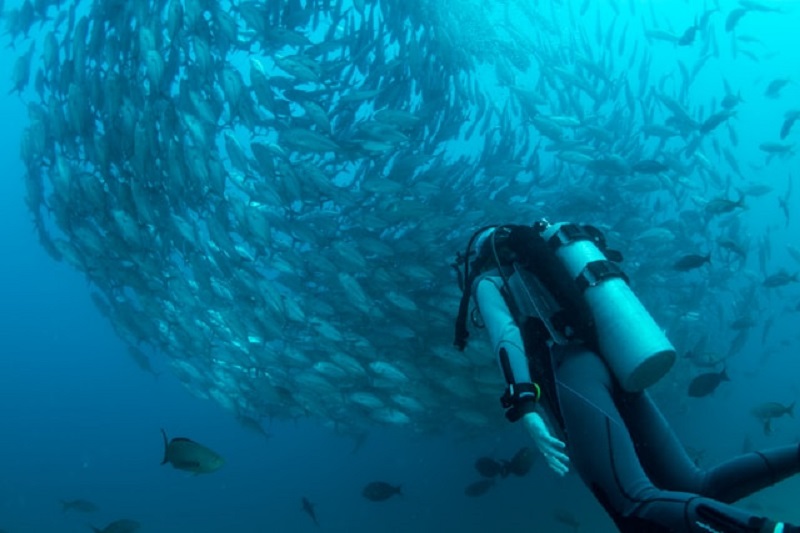A key goal is to strengthen the capacities of the Fisheries Research Center (CIP) and the technical departments (bureaus of capture) of fishing companies, located in the Gulf of Guacanayabo, the United Nations Food and Agriculture Organization (FAO) said here. Cuba’s Ministry of Food Industry is promoting the initiative, with technical assistance from FAO and financing from the Global Environment Facility (GEF), as part of the Conpescas Guacanayabo project.
For the ongoing study, Cuba is receiving equipment for geo-referencing, positioning, observation, and measurement of physical-chemical and oceanographic parameters, as well as work tools and diving equipment the UN entity announced.
It added that the supplies will help to guarantee the periodic evaluation of the habitat and the populations subject to fishing exploitation in the area.
Other contributions include computer technologies and vehicles to facilitate the management of the processes linked to the Santa Cruz del Sur Industrial Fishing Enterprise in Camagüey, the Granma Industrial Fishing Enterprise, and the Guayabal Base Business Unit, belonging to the Las Tunas Fishing Company, according to the report.
FAO stated that to contribute to the management and recovery of marine populations, biological-fisheries evaluations are required to recognize the sustainable limits of exploitation, the state of the habitat, the abundance of the species, the fluctuations in their growth, and to identify those that may be in danger of extinction.
The UN entity remarked that scientific research in biological and environmental matters ensures correct decision-making in the productive sector and helps to create the conditions for a profitable and sustainable fishing industry for the benefit of the communities and the country.
jrr/omr/npg/mjm









